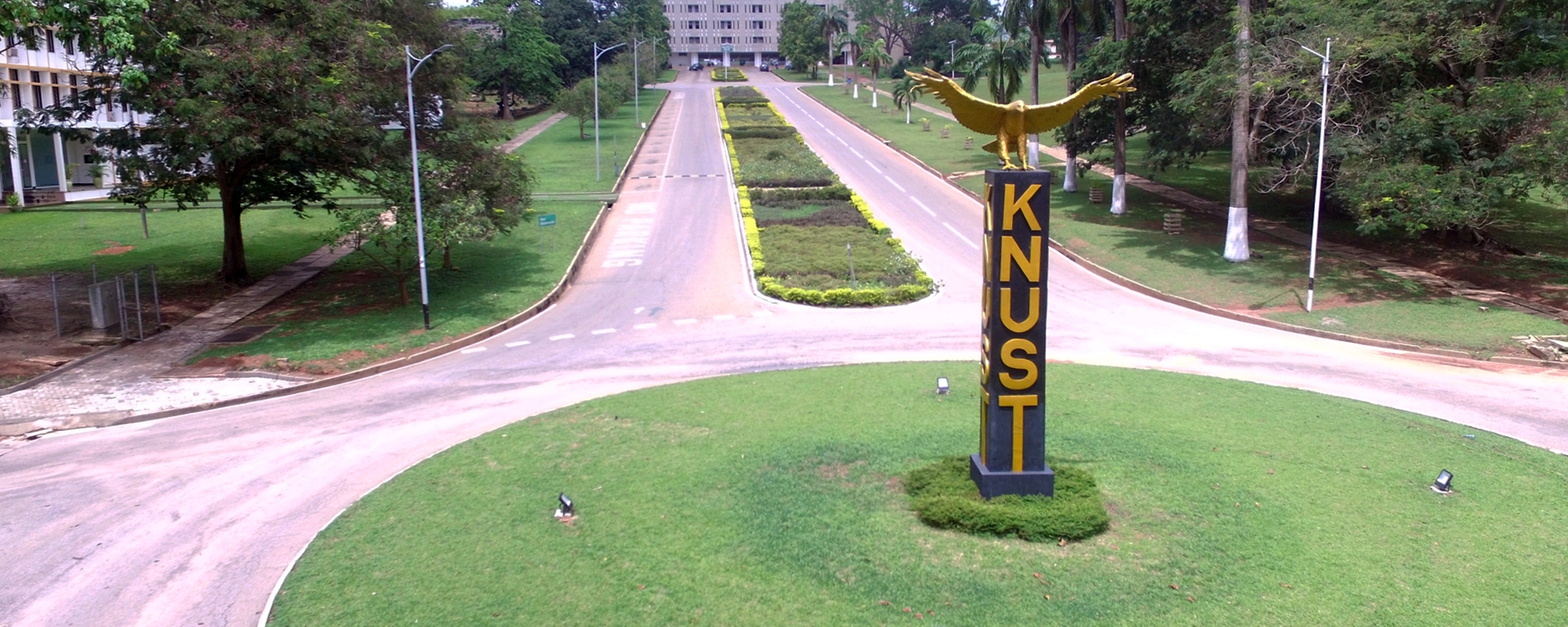Overview
The department began the MA in Sociology programme in 2009 in response to the demands for higher training to help solve socio-economic and cultural problems in Ghana. Prior to this period, the Department was concerned with the training of undergraduate students in Sociology and Social Work. The Department felt that graduate programme in Sociology has great potential to develop and equip students with the requisite skills and knowledge to meet emerging social problems in modern societies. The Master of Arts in Sociology enables students to specialize in any of the several branches of Sociology which they may not have had the opportunity to explore at the undergraduate level.
Modules and courses
Year One: Semester One
|
Course Code |
Course Title |
Teaching Hours |
Tutorial/Practical Hours |
Credit Hours |
||
|
Core Courses |
||||||
|
SOC 551 |
Perspectives in Sociological Theory |
4 |
1 |
4 |
||
|
SOC 553 |
Quantitative Research Methods |
4 |
1 |
4 |
||
|
SOC 555 |
Sociology of Organisational Behaviour |
4 |
1 |
4 |
||
|
Elective Course (Choose any two (2) |
||||||
|
SOC 557 |
Deviance and Social Control |
4 |
1 |
4 |
||
|
SOC 559 |
Sociology of Work and Industrial Organizations |
4 |
1 |
4 |
||
|
SOC 561 |
Political Sociology |
4 |
1 |
4 |
||
|
SOC 579 |
Conflict and Peace Building |
4 |
1 |
4 |
||
Year One: Semester Two
|
Course Code |
Course Title |
Teaching Hours |
Tutorial/Practical Hours |
Credit Hours |
|
|
Core Courses |
|||||
|
SOC 552 |
Contemporary Sociological Theory |
4 |
1 |
4 |
|
|
SOC 554 |
Qualitative Research Methods |
4 |
1 |
4 |
|
|
SOC 556 |
Social Development |
4 |
1 |
4 |
|
|
Elective Course (Choose any two (2) |
|||||
|
SOC 562 |
Human Resource Management in Industrial Organizations |
4 |
1 |
4 |
|
|
SOC 568 |
Sociology of Health |
4 |
1 |
4 |
|
|
SOC 570 |
Social Policy Analysis |
4 |
1 |
4 |
|
|
SOC 690 |
Thesis (June to November) |
||||
Mode of course delivery
The programme is offered through distance education, a learning oriented system allowing greater flexibility in learning while students continue with their regular professional work. The programme is offered in a mixed mode format. The approach uses print and electronic media in order to be responsive to the needs of the learner and also maximize the use of technology in course delivery.
At the heart of the programme is excellent online learning materials developed by capable and competent resource persons from KNUST and other recognized institutions.
Academic Support Systems/Services
Limited face-to-face facilitated sessions are provided at all the Learning Centres. These sessions are supported by print and electronic materials, and local learning facilitators who also support and direct students as they work through the resources provided.
The Centres provide learning support to students living in different parts of the country, thus reducing travel expenses.
Learning centres
Head of department
Exam officer
Programme coordinator
- First degree in Sociology or Social Work from an accredited University at least a second lower division.
- First degree in other social sciences from an accredited University at least second class lower with two years work experience.
- A postgraduate diploma degree in social sciences from an accredited University with two years work experience.
- For the purposes of assessing suitability, all applicants would be interviewed or be required to take entrance examination or both.

How to Apply
Pursuing an academic programme is an important step toward your future — and we're here to help


